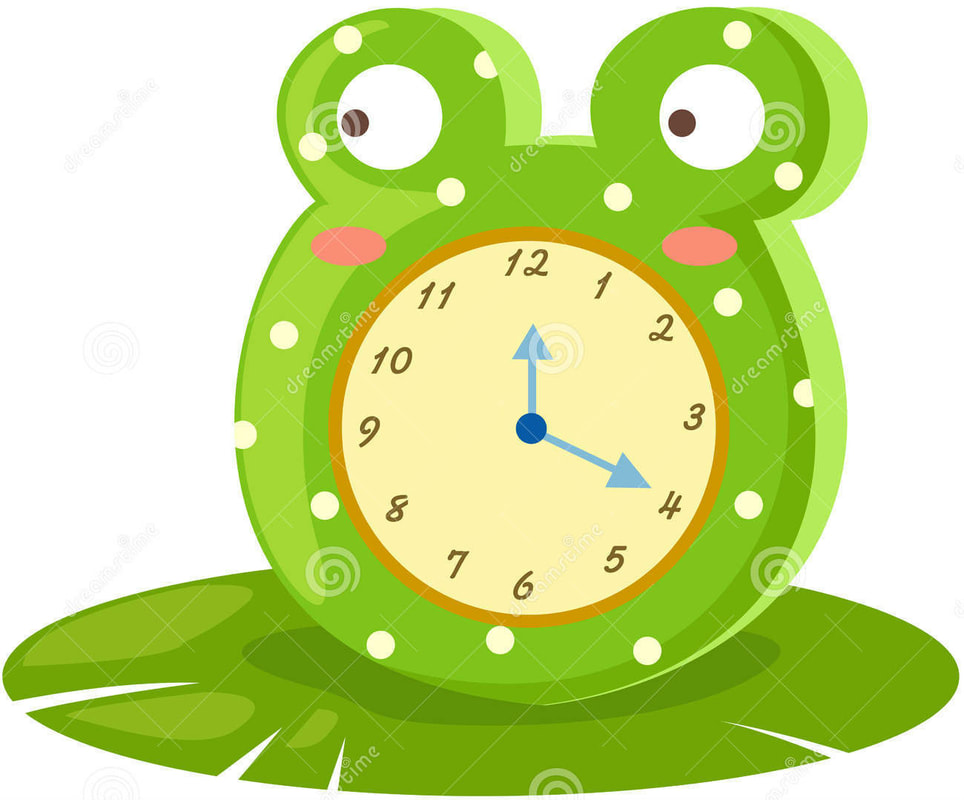Science, philosophy, religion, and the arts have different definitions of time, but the system of measuring it is relatively consistent. Clocks are based on seconds, minutes, and hours. While these units of time have changed over the centuries, they can trace their roots back to ancient Sumeria (4500 B.C. to 1900 B.C.). The modern international unit of time, the second, is defined by the electronic transition of the cesium atom. But what, exactly, is time?
Physicists define time as the progression of events from the past to the present into the future. Systems that remain unchanged over time are said to be timeless. "Time can be considered to be the fourth dimension of reality, used to describe events in three-dimensional space. It is not something we can see, touch, or taste, but we can measure its passage." Here's an interesting fact. Physics equations work equally well whether time moves into the future (positive time) or moves back into the past (negative time). But for those of us who live in the real world, time moves only in one direction. And that is forward. This is referred to as the "arrow of time." The question of why time is irreversible is one of the biggest unresolved questions in science. Just ask the boys on the TV show The Big Bang Theory.
In somewhat mechanical terms, time is the same for everyone. Clocks around the world remain synchronized. Then we have Einstein's "theory of relativity." He postulated that time is relative and depends on the eye of the observer. This results, then, is something called time dilation where the time between events becomes longer (dilated) the closer one travels at the speed of light. A good example of this would be a clock. If the clock is physically moving it will run more slowly than a clock that is stationary. Cool, eh?
And I can't have a discussion about time without touching on time travel. "Time travel simply means moving forward or backward to different points in time, much like you might move between different points in space. Jumping forward in time occurs in nature. Astronauts on the space station jump forward in time when they return to Earth and its slower movement relative to the station." It's traveling back in time that causes problems. The "grandfather paradox" is a classic example. According to the paradox, if you travel back in time and kill your own grandfather before your mother or father was born, you could prevent your own birth. Many physicists believe time travel to the past is impossible, but there are solutions to a temporal paradox, such as traveling between parallel universes or branch points. I think I can safely say most of us know somebody who seems to live in a parallel universe.
Fortunately, human brains (and some frog brains, too) are equipped to track time. Time seems to slow down in times of danger and speed up when we are having fun. I'm sure you've experienced this many times in your life. The part of the brain that makes memories is the amygdala. As more memories are formed, time seems drawn out. This is why time can seem to drag on when we are very young. However, when we get older, fewer memories of new experiences are formed. This phenomenon explains why older people perceive time as going faster. Want time to slow down a bit? Learn new things and experience more stuff!
As far as the universe is concerned, time had a beginning. The starting point was what we call the Big Bang and that occurred 13.799 billion years ago. Scientists "can measure cosmic background radiation as microwaves from the Big Bang, but there isn't any radiation with earlier origins. One argument for the origin of time is that if it extended backward infinitely, the night sky would be filled with light from older stars." We have learned that time had a beginning. But will it have an end? The answer is, of course, unknown. Should the universe expand, time would continue. And if there was a new Big bang episode, that our current time frame would end and a new one would begin. "In particle physics experiments, random particles arise from a vacuum, so it doesn't seem likely the universe would become static or timeless. " Only time will tell.
Thanks for reading and i hope you enjoyed learning about time as much as I did. Please plan to drop by tomorrow for a look at gardening in celebration of Garden Meditation Day. You know anything that has to do with nature and being outside has got to be good! See you then?
PEACE

 RSS Feed
RSS Feed